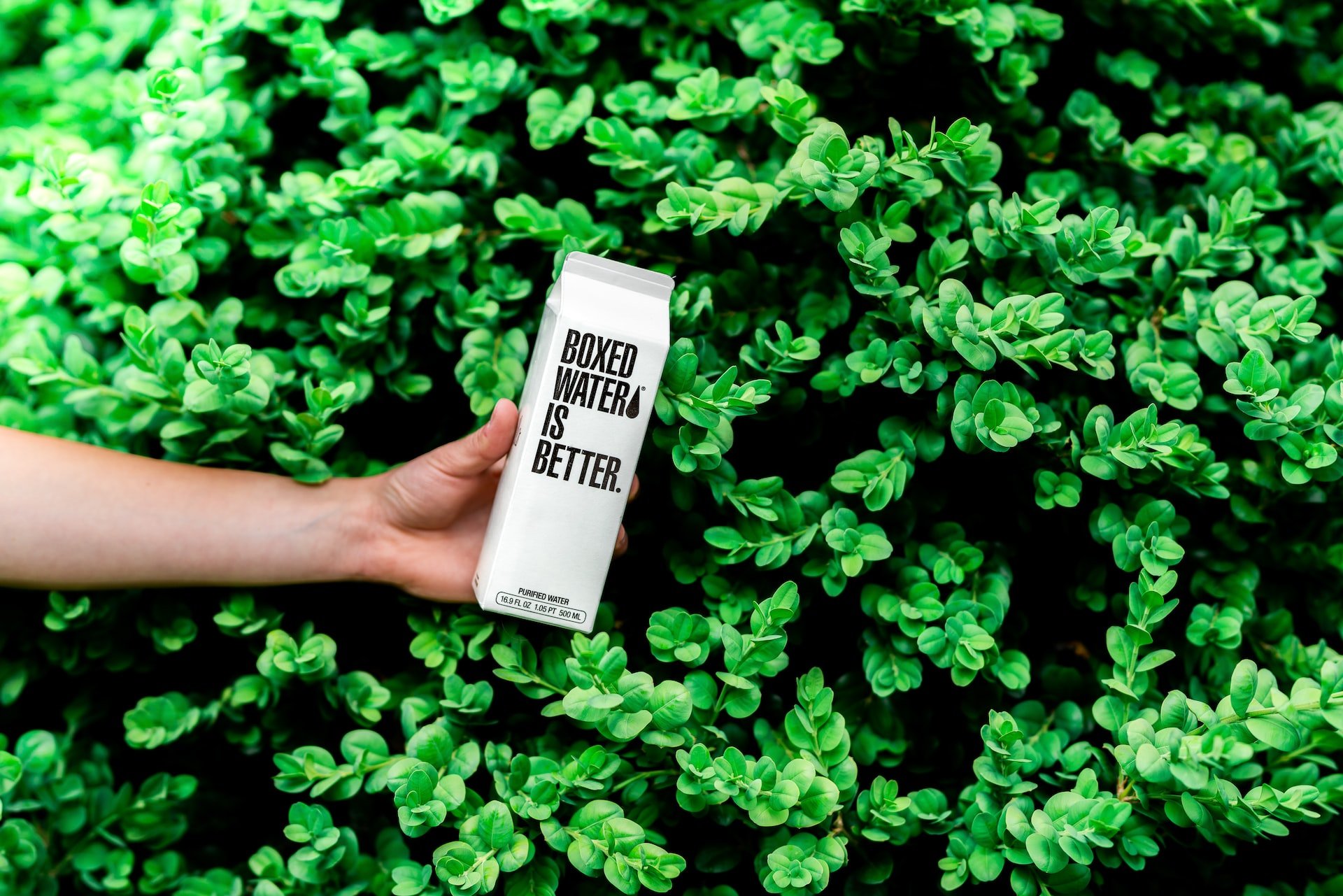
British food and grocery brands are on notice – ignore the push to be more sustainable at your own peril.
According to the 2022 UK Brand Sustainability Benchmark Report one in four consumers have already changed brands based on sustainability perceptions and consumers are switching to brands with the strongest sustainability credentials at twice the rate of the average brand.
The report is the first in-depth look into the UK Food and Grocery Industry’s sustainability record and is based on 16,000 respondents and their views on 102 brands. The study was conducted by research technology company Glow from April to August this year, using data from their proprietary measure Social Responsibility Score (SRS), which assesses consumer perceptions of brand ESG performance.
Moving to a more sustainable footprint makes economic sense for businesses with a two point increase in ESG credibility scores equating to an additional one percentage point increase in revenue growth.
Glow CEO, Tim Clover, said that even in the current economic climate, where the cost of living is a significant concern.
He added: “There is no doubt a growing cohort of consumers are making their own impact by shedding the brands that don’t meet their sustainability expectations and are moving to brands that help them feel they are making ‘micro-differences’ every day.
“Given the ongoing cost-of-living crisis which is putting serious pressure on household budgets, many brands are looking to offer increasing value to consumers. At the same time, consumers are looking for opportunities to trade down to save money. However, this does not have to be a race to the bottom. Along with price and quality, sustainability is an increasingly important consideration to the growing cohort of consumers that care.”
The top 10 brands according to the report are:
- Ecover
- Method
- Beyond Meat
- Linda McCartney Foods
- Pact Coffee
- Who Gives A Crap
- Rude Health
- The Cheeky Panda
- Simple
- Tony’s Chocolonely
As one of the first green brands in the UK, it is not surprising to find that Ecover is perceived by consumers as the #1 Food and Grocery brand among all the brands, achieving an SRS 57% above the food and grocery industry average.
The core focus for the brand is the E of ESG, with strong messaging and programmes around creating products that do not harm the environment, educational programs to maximise the life of clothing and bottle refilling programs to reduce plastic and packaging.
The Food and Grocery industry was ranked third out of 20 industries measured in the research just behind pharmacies and supermarkets & convenience stores.
However, despite the high ranking, many consumers are not satisfied with the industry’s performance across key ESG drivers.
No driver meets the expectations of more than six in 10 consumers while less than half are satisfied in three of the five most important areas.
Rachel White, Market Leader, NielsenIQ UK & Ireland said consumers are now expecting Food & Grocery brands to make tangible changes across many parts of their business.
“Consumers now almost universally expect Food & Grocery brands to be stepping up in relation to environmental issues and reducing their impact on the planet. In addition, younger consumers in particular are also increasingly judging brands on how they support their communities, partners and suppliers. Brands that are slow to respond to these expectations are going to find it increasingly difficult to compete which is why data of this kind is so important.”
Mr Clover said the industry’s biggest opportunity to improve perception is by addressing key environmental concerns including reducing emissions and climate change and respecting and protecting natural resources as well as demonstrating strong corporate governance by taking care of supplier welfare.
Consumers say they are gathering their ESG messages primarily through news and media coverage, product packaging and advertising. But they want to get more information via brand-owned channels like packaging and in-store/online at the moment of purchase. They want to be less reliant on their social media feed (except for Gen Z).
Mr Clover concluded: “The brands that set out their ‘journey to better’ and provide regular updates and communications as results are achieved observe increased engagement from their followers, and engender trust and loyalty.
“Brands that ‘grandstand’ about distant, abstract goals can confuse or lose the trust of tuned-in and action-focused consumers, even when the programs themselves are highly impactful and beneficial.
“It is clear that consumers don’t expect perfection but they do expect honesty, commitments and progress.”
Other interesting statistics from the report showed:
- Gen Z tends to have a more unfavourable opinion of leading brands, rating them on average 7 points lower than the average across age groups, indicating a level of scepticism towards even the most progressive brands.
- At the other end of the spectrum, Boomers give by far the lowest scores (-9) to the bottom brands indicating a higher level of frustration with brands that are dragging down the industry.
- Gen Z and to a lesser extent Millennials have a greater preference for receiving information on a company’s ESG efforts via social media (general or company-specific) as well as from friends and family.
- This contrasts with Boomers who are less likely to want to receive information via social media and have a greater interest in this information coming from more traditional news outlets. Gen Z is also less likely than other age groups to be looking for ESG information on product packaging.
Interested in hearing leading global brands discuss subjects like this in person? Find out more about Digital Marketing World Forum (#DMWF) Europe, London, North America, and Singapore.






